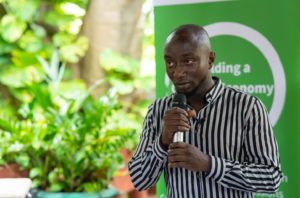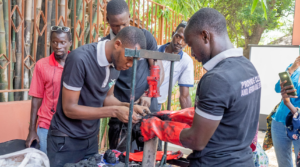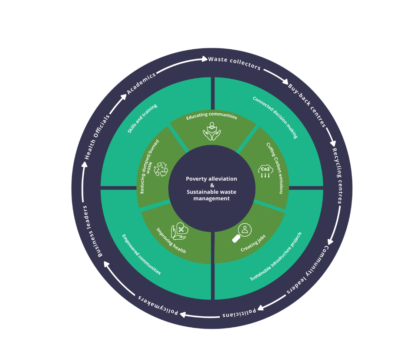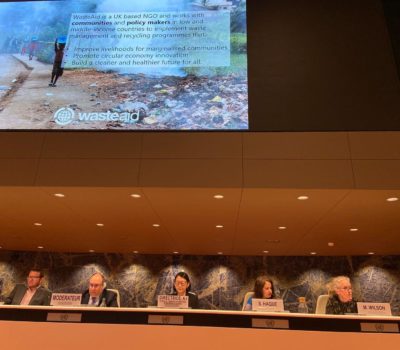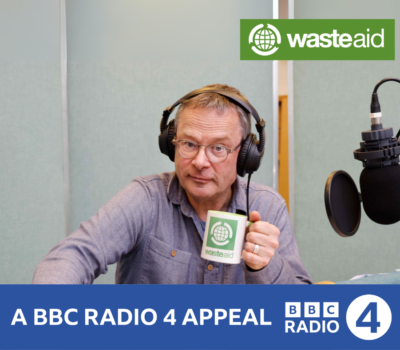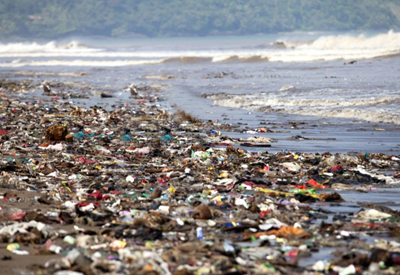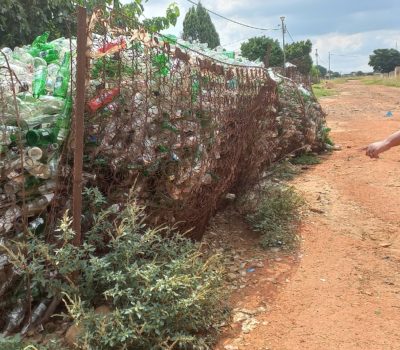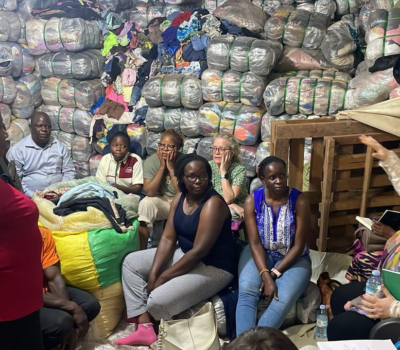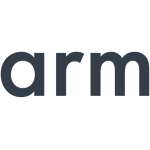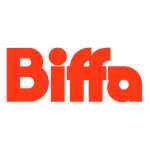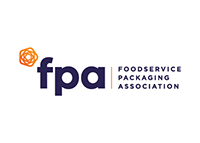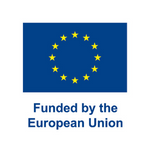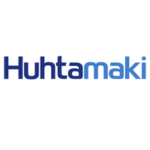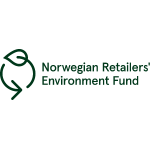Case study: From lectures to lighting up The Gambia with clean energy.
Thought Pieces
Author: Admin
Published: 20 March 2023
Most people in Sulayman Darboe’s position would be considering a comfortable office job with all the security that goes along with it. However, the 26-year-old Gambian has never been one to follow the crowd. The first one of his family to go to university, he has his sights set on far loftier ambitions – playing a role in improving the air quality, health and opportunities in rural communities by providing a greener alternative to burning firewood for cooking.
As a young boy, he saw first-hand the impact of using wood for fuel on the women and children in the village where he grew up. Health conditions related to breathing in smoke, such as heart conditions, were common while children missed out on time to do homework because they were busy collecting firewood – not to mention the environmental impact of cutting down trees.
Today, that experience is fuelling the growth of his green business, providing a sustainable, healthier alternative to burning wood by turning coconut husks and peanut shells, which would usually be shipped to other countries as waste, into briquettes that can be burned for cooking.
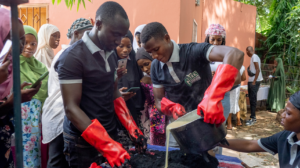
“People often ask me why, with my degree in business management why I don’t work in a bank! They say, ‘Why are you struggling and taking such a difficult path?’ but you have to make an impact, even just a small one and that’s what I’m trying to do,” says Sulayman.
It was while he was at the School of Business and Public Administration at the University of The Gambia located in Kanifing that he had the idea for his business, Green Waste Initiative. Together with his friends Modou S. Jeng, who was studying climate change and alternative energy sources, and Mansata Jabai who was studying marketing they took part in – and won – Hult Prize on Campus Competition, to pitch their environment idea to judges. Fresh from that success, the second-year students decided business life was for them and they officially launched their business.
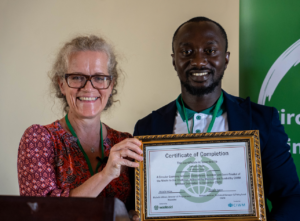
“I had seen the great work that WasteAid had been doing in other West African countries and it had been a dream of mine to get involved with the charity,” says Sulayman.
“I went for an interview and to my surprise, I was told I was one of three finalists to be chosen. We received training across a broad range of subjects such as waste management, accounts, marketing our products, and how to deal with customer services. Although I had a background in accounts, the trainer really understood my business and really made sure that I had the right spreadsheet, and my sales book up to date. We use what we learned there every day. The training was amazing”.
“We also were given a mentor. I’ve had mentors in the past but Maurice, our mentor really understood my business – he had the technical experience of alternative energy sources and helped us to focus on the method of production. They provided me with the right mentor to make a difference to my business,” he adds.
The team has worked hard to generate demand for the fuel briquettes, working directly with communities to educate them on the health risks of burning firewood and the alternatives available. They have also used radio appearances to help spread the word about this initiative. Building partnerships with the charcoal producers themselves to encourage them to consider transitioning to greener sources has been critical to their approach and they are also working with the Ministry of Forestry to help spread the word to local communities.
The next step is to secure investment so that they can update and automate the production of the briquettes which are currently made manually.
“Getting people to change is our biggest challenge. As well as radio shows and working with partners and the communities we also use social media and WhatsApp a lot to encourage sales and take orders but it’s still very challenging.
“The good news is that demand is currently more than the supply because we’re using old, manual tools – it takes a lot of physical effort to make the bricks. We need to get the right machinery to increase production. We want to provide cleaner energy across The Gambia.
“We cannot do it alone. We live in a community that really needs help. We cannot do it without support. I was just a university student coming up with an idea. To make an impact we need partners and investment so we can help our women and children,” says Sulayman.
As the business grows Sulayman hopes that not only will the business help improve the quality of lives for communities who rely on burning wood for fuel but that he will be able to create further job opportunities for people in rural areas.
While the Waste to Use Challenge may have come to a close, WasteAid will continue to support the semi-finalists over the next 6-months through further one-to-one business sessions and mentoring. The university friends, who have now all graduated, are continuing to be active members of WasteAid’s Circular Economy Network in The Gambia and are working with other partners to promote an inclusive circular economy.
Please help us to support more people like Sulayman create change by donating to WasteAid today.

